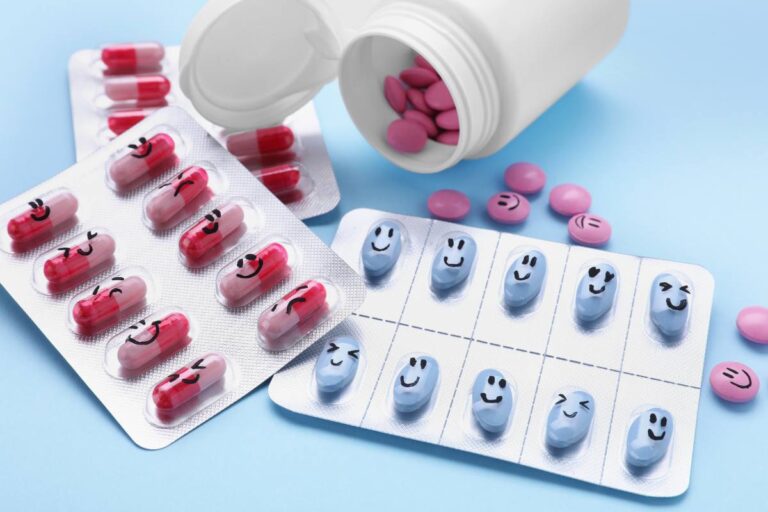By Raul J Rodriguez M.D., Founder, CEO and Medical Director of the Delray Center For Healing
Major Depressive Disorder is a condition that is as common as it is devastating. There are many reasons why people become depressed. Intensely stressful events and prolonged periods of heightened tension are just some of the more common precipitating factors for someone who is predisposed. The Coronavirus crisis is an example of an intensely stressful event that dragged on much longer and was more devastating than anyone could have ever imagined. Sociopolitical unrest and worsening financial pressures are making matters worse. Many who have been pushed to the brink for weeks and months often start to experience persistent negative emotions. The question will become; “when should I consider taking an antidepressant?”
Q: What does clinical depression look like?
Not all sadness constitutes depression. Sadness and other non-positive emotions are natural human reactions to negative events. The normal psychological cycle is for someone to react to the adverse event, process the impact while seeking any possible solutions, and then recover within a reasonable amount of time. Individuals who cannot recover from the impact of the adversity or successfully adapt to the demands placed by a new chronic stressor will start to decline. This is when the sadness persists and worsens. This is also when functioning in many facets of life becomes more difficult. The individual starts to experience physical symptoms, such as fatigue, weakness, loss of appetite, difficulty sleeping, general slowing, and increased pain perception. They may notice mental slowing, loss of concentration, and worsening memory. They may also experience increased feelings of guilt, a negative self-image, and difficulty enjoying things that they would normally enjoy. These are signs that clinical depression is likely manifesting.
Q: So if I think I may be depressed, what should I do about it?
The first thing to do is to seek help. The most common mistake people make when dealing with depression is letting it linger or waiting for it to go away. Your body and mind have already been fighting the depression and trying to make it go away for you. Active Major Depression involves neurochemical disruption that is directly neurotoxic to brain cells, causing significant brain cell death. Depression, unbeknownst to most people, negatively affects many other organ systems, especially the cardiovascular system. The first time or two that someone goes through a depressive episode, they may pull out of it without help, but at a great cost. At a minimum, they will have endured some damage to the brain that will increase their susceptibility to future episodes that will be worse. By the second or third episode, they may no longer pull out of it and can get stuck in a chronically depressed state, which has a much worse prognosis. Seeking help sooner allows for a quicker and easier resolution to depression with minimal damage to brain cells. The less time someone has spent in the depressed state, the easier it will be to pull them out of it in most cases.

Q: What does effective depression treatment look like?
Proper depression treatment fundamentally consists of psychotropic medications combined with psychotherapy. Lifestyle modifications, especially with regards to increasing exercise while improving sleep and diet, make a big difference and speed up recovery. When addressed properly and quickly, a depressive episode can be resolved within just a few months. Medication is continued for at least a year following a full clinical response, to reduce the risk of a recurrence. It can then be weaned o carefully so as to avoid any disruption. When handled proactively, a person can recover from depression and be back to normal within a short period of time.


